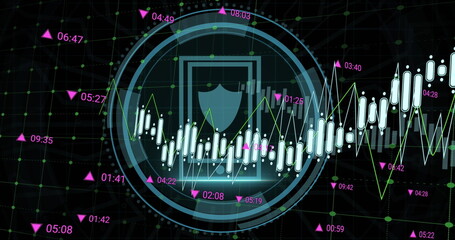
This course provides an overview of Cybersecurity through a Social Science Lens. Cybersecurity is typically conceived as a technical topic. In reality, the topic is fundamentally a multi-disciplinary and interdisciplinary area, and some aspects of the topic are best understood through a social science lens. This course addresses the social, political, legal, criminological, and economic dimensions of cybersecurity through a social science framework. Students are introduced to a human-factors approach to understanding cybersecurity threats. Attention is given to the social factors that contribute to cyber incidents and the political and legal mechanisms that are developed to control the behaviors of those who create risks and cybersecurity incidents. The class also explores how cybersecurity is studied by social scientists in various social science disciplines.
Cybersecurity Through the Lens of Social Science


Sociology helps explain how groups, organizations, and entire societies respond to cyber threats and adapt security practices. All of these aspects of social science rely on cybersecurity now more than ever.

Political science plays a role in cybersecurity by shaping policies, laws, and international agreements that protect digital spaces. It’s important to explore cyber through these lenses and see how deeply connected they are.

Economics and cybersecurity intersect in areas like cybercrime markets, risk management, and the cost of data breaches. Looking at these links makes it clear that security isn’t just technical, it is social and global too.

Education and social awareness are just as important as technical defenses, as people are often the first line of security. Exploring this side of cybersecurity shows how social sciences and cyber really depend on each other.
All images were created using Adobe Stock AI-generated content (2025)